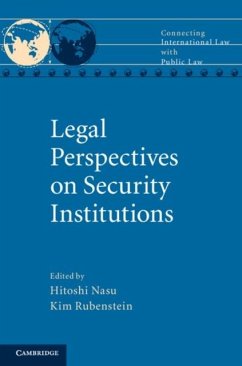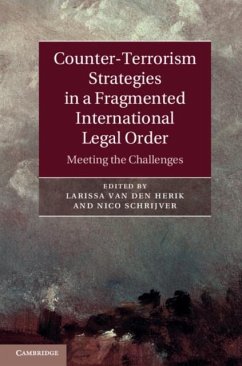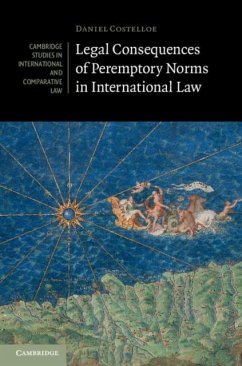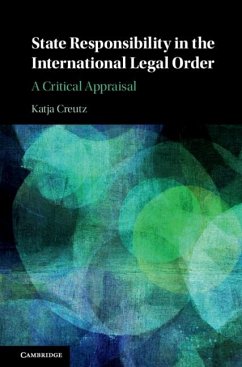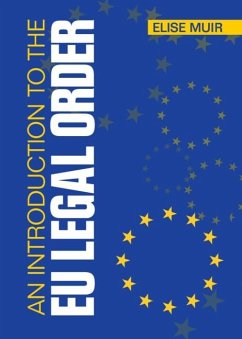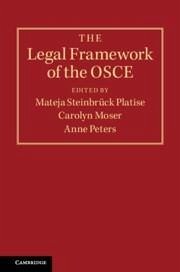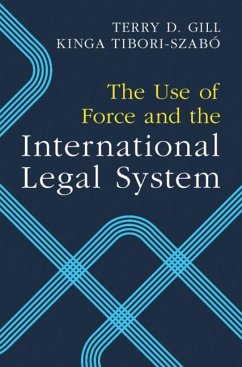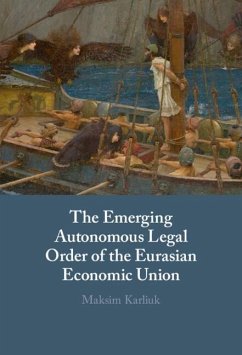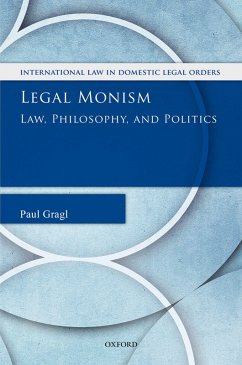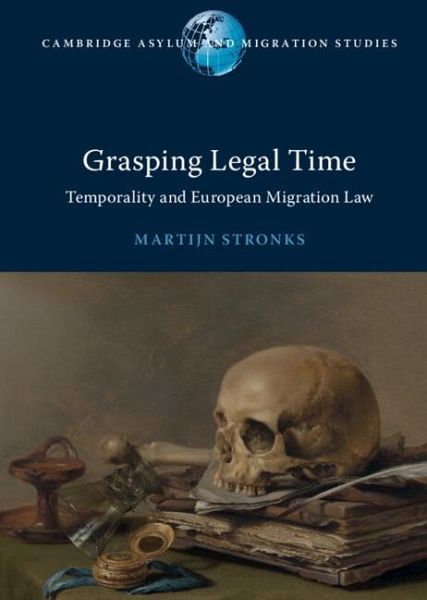
Grasping Legal Time (eBook, PDF)
Temporality and European Migration Law
Versandkostenfrei!
Sofort per Download lieferbar
62,95 €
inkl. MwSt.
Weitere Ausgaben:

PAYBACK Punkte
31 °P sammeln!
Time is one of the most important means for the exercise of power. In Migration Law, it is used for disciplining and controlling the presence of migrants within a certain territory through the intricate interplay of two overlapping but contradicting understandings of time - human and clock time. This book explores both the success and limitations of the usage of time for the governance of migration. The virtues of legal time can be seen at work in several temporal differentiations in migration law: differentiation based on temporality, deadlines, qualification of time and procedural differenti...
Time is one of the most important means for the exercise of power. In Migration Law, it is used for disciplining and controlling the presence of migrants within a certain territory through the intricate interplay of two overlapping but contradicting understandings of time - human and clock time. This book explores both the success and limitations of the usage of time for the governance of migration. The virtues of legal time can be seen at work in several temporal differentiations in migration law: differentiation based on temporality, deadlines, qualification of time and procedural differentiation. Martijn Stronks contests that, hidden in the usage of legal time in Migration Law, there is an argument for the inclusion of migrants on the basis of their right to human time. This assertion is based in the finite, irreversible and unstoppable character of human time.
Dieser Download kann aus rechtlichen Gründen nur mit Rechnungsadresse in A, B, BG, CY, CZ, D, DK, EW, E, FIN, F, GR, HR, H, IRL, I, LT, L, LR, M, NL, PL, P, R, S, SLO, SK ausgeliefert werden.




